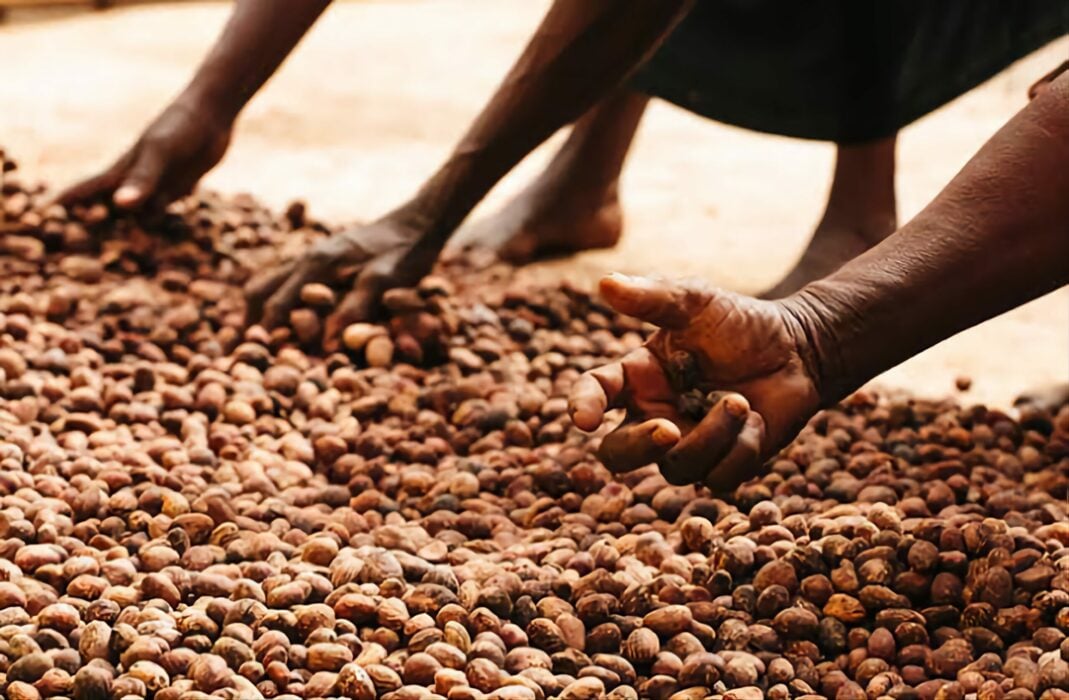By Jerry Emmanson
Copyright leadership

Concerns over the Federal Government’s temporary ban on raw shea nut exports dominated discussions at the Network of Practical Exporters of Nigeria (NPNEN) Town Hall. Stakeholders warned that the policy hurt local farmers, women, and small and medium-sized enterprises (SMEs).
Participants, including representatives of the National Shea Products Association of Nigeria (NASPAN) and other practitioners in the shea value chain, faulted the lack of consultation before the ban was announced.
Stakeholders at the September 19, 2025, event stressed that the abrupt policy shift has disrupted businesses, undermined existing export contracts, and triggered smuggling activities across Nigeria’s borders.
Speaking about policy implementation and stakeholder engagement, Dr Aderemi Apatira, Strategic Policy Engagement Expert, emphasised the importance of inclusive policy-making and proper stakeholder engagement, highlighting that many previous policies in Nigeria had failed due to inadequate communication and engagement with affected parties.
Also speaking, a participant, Blessing Nura Bosa, called for increased engagement with legislative bodies to ensure policies consider business impacts. At the same time, Ajibola Alfred stressed the need for NPN to take action by directly engaging with policymakers to influence policy development rather than just discussing issues.
The group agreed that we must identify and engage with policy designers to address concerns about the current policy’s implementation timeline and impact on businesses and investors.
Beyond the shea sector, the meeting highlighted broader challenges in Nigeria’s agricultural trade policies, citing recent bans on cocoa beans, cashew nuts, and maize imports. Stakeholders warned that sudden, unilateral decisions discourage investment and contradict Nigeria’s trade commitments.
The town hall resolved that NASPAN would document the ban’s impact with data and visuals, while NPNEN compiles stakeholder feedback for onward communication to the government. Plans are also underway for a broader stakeholder conference in February 2026 to push for more structured engagement between policymakers and the private sector.
Participants concluded that sustainable growth in the shea and agricultural export sectors requires evidence-based policymaking, consistent communication, and recognition of private sector voices in policy formulation.
Speakers urged the federal government to adopt a phased approach to implementing export restrictions, allowing exporters with existing contracts to fulfil obligations before enforcement. They also called for targeted government support to mitigate losses suffered by SMEs.



